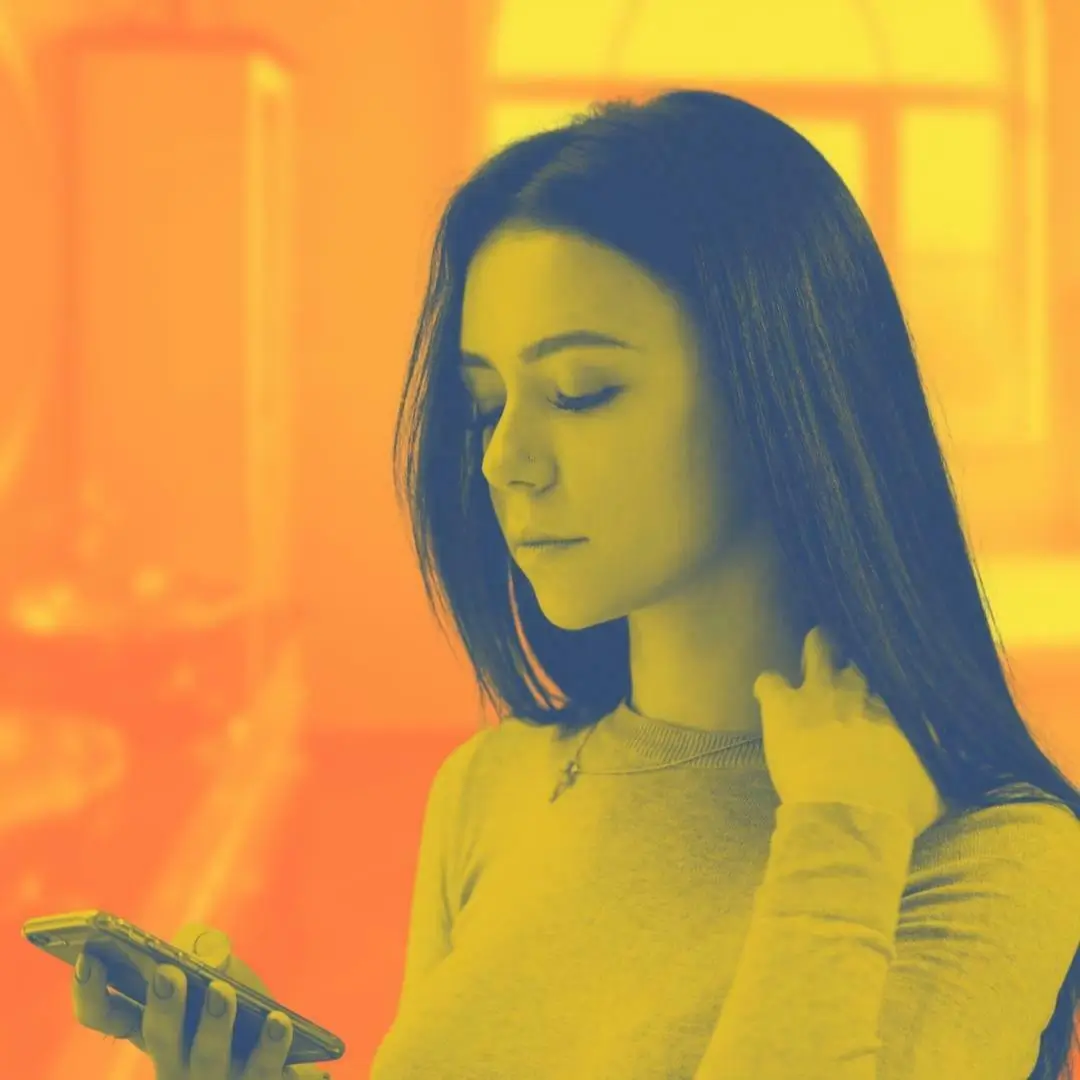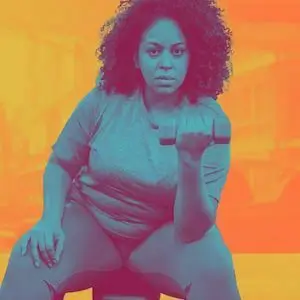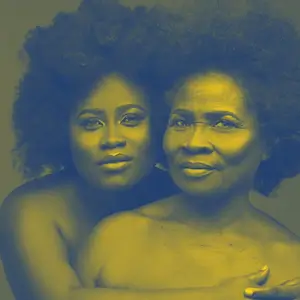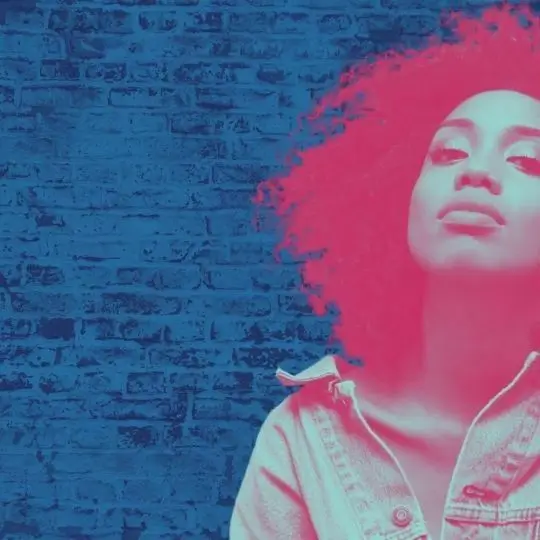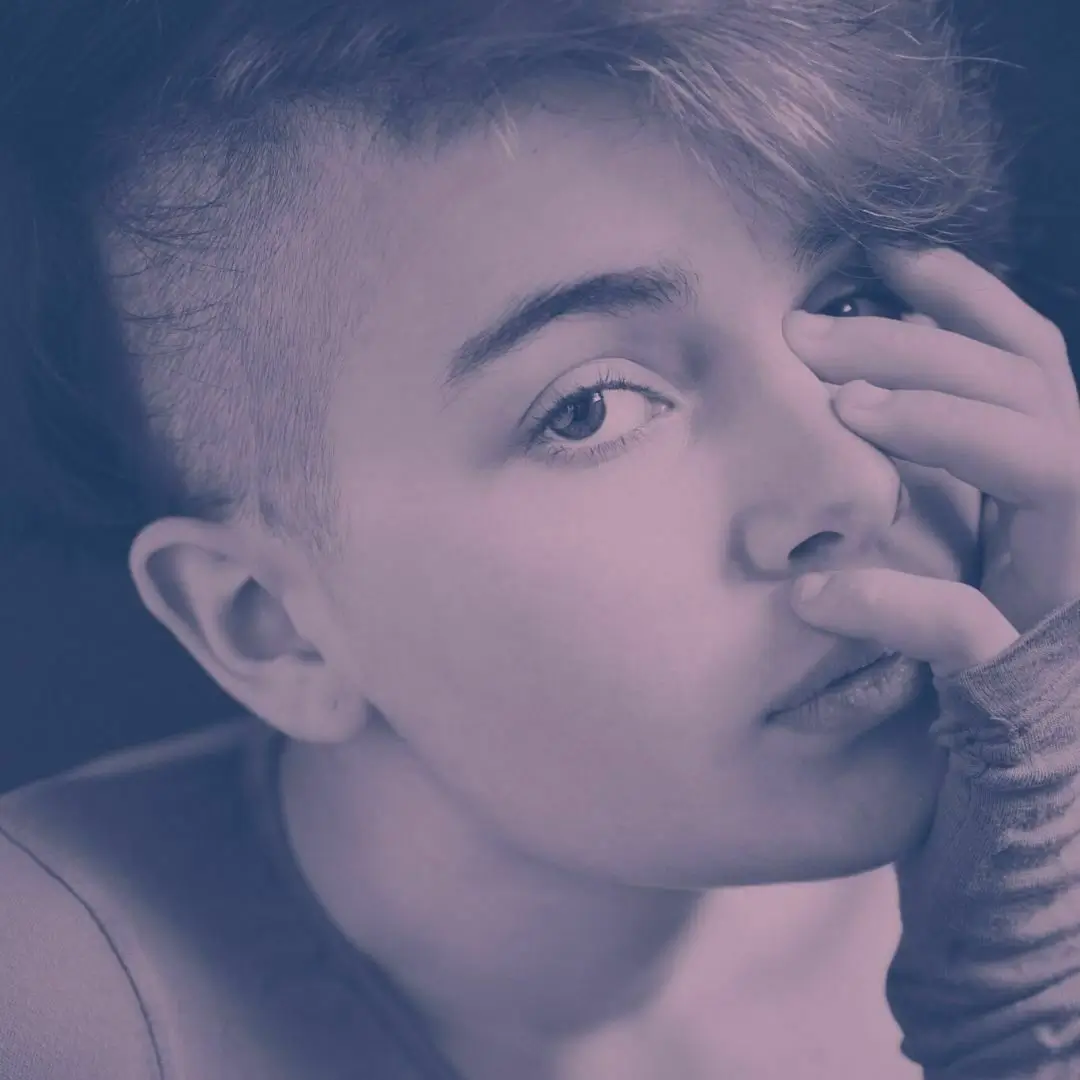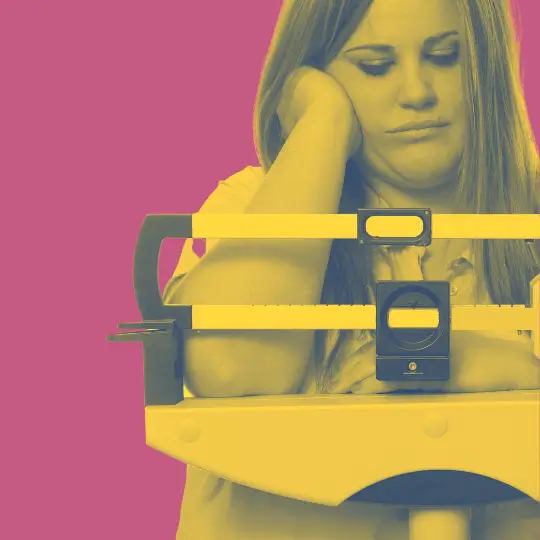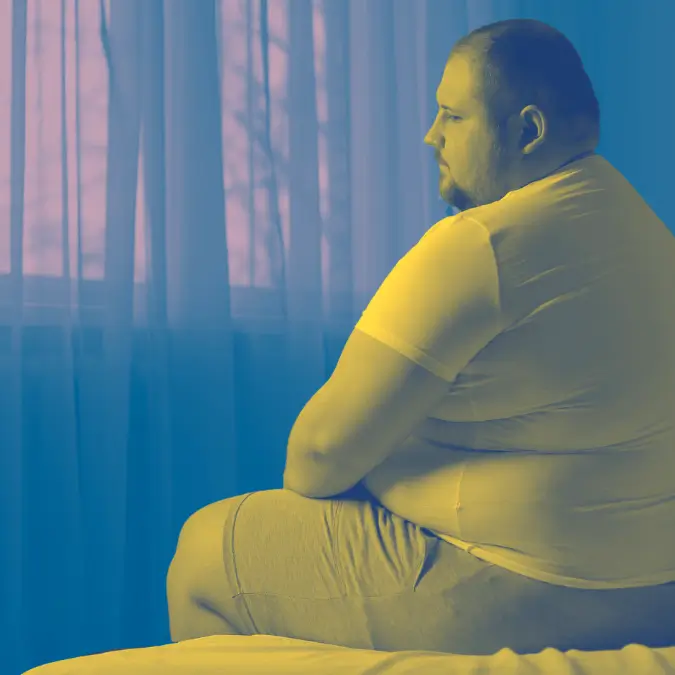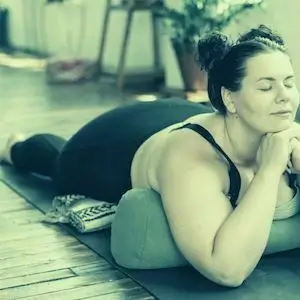“Our lives are not beauty pageants.”
-Renee Engeln
Author of Beauty Sick: How the Cultural Obsession with Appearance Hurts Girls and Women
REAL PROBLEM
Our social media focused culture has put so much pressure on young people’s appearance.
77% of adolescents experience body image distress (Milton, 2021).
These are the mental health problems that can happen when a person doesn’t like their body:
Eating disorders, almost all eating disorders come with body dissatisfaction (Stice & Shaw, 2002) – The number of eating disorders doubled during pandemic (Radhakrishnan et al., 2022).
Disordered eating/exercise (Alcaraz-Ibañez et al., 2021)
Low self-esteem (Paxton et al., 2006)
Anxiety (Perkins & Brausch, 2019)
Depression and isolation (McLean et al., 2022)
Suicidal thoughts (Perkins & Brausch, 2019)
Substance use and abuse (Bornioli et al., 2019)
Un-safe sexual behaviors (Fergus et al., 2019)
Reduced health care behaviors (Hudson et al., 2007)
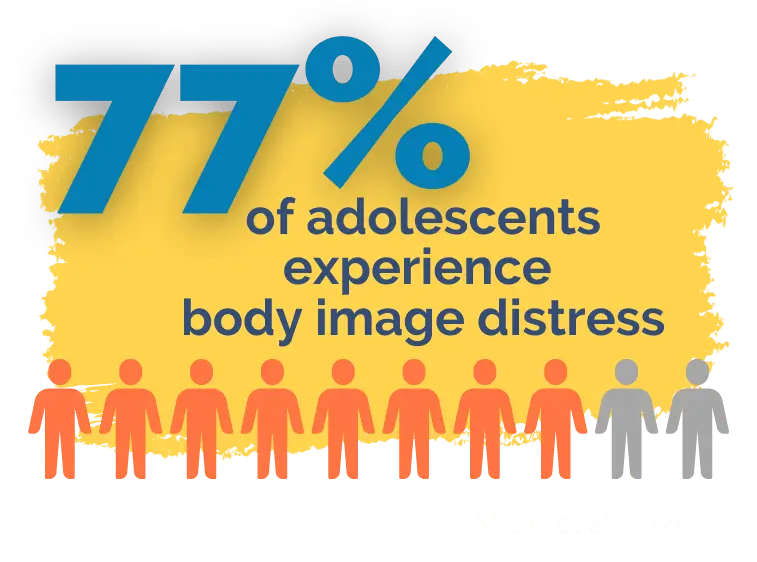
These are the effects of our culture on our young girls:
- 34% of 5-year-old girls restrain their food intake (Damiano et al., 2015)
- 40% of girls between 5 and 9 years old wish they were thinner (Damiano et al., 2015)
- 33% of third grade girls report that they are afraid of becoming fat (Dohnt & Tiggemann, 2006)
- 28% of 5-year-old girls want their bodies to look like the women they see in movies and on TV (Shapiro et al., 1997)
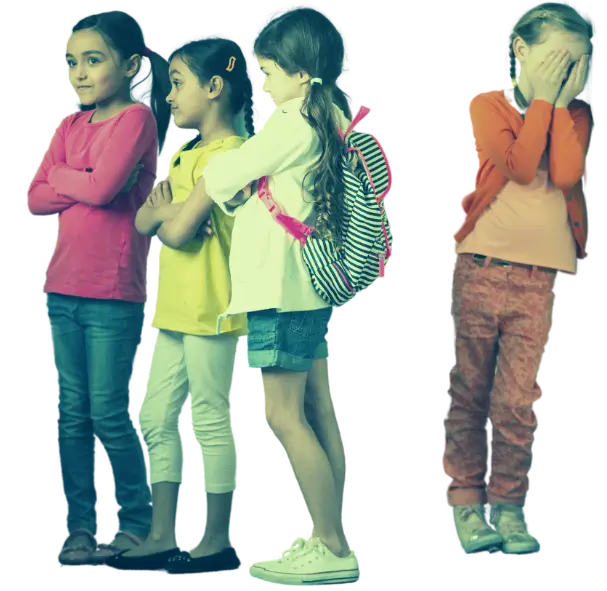
The stories below represent some of the human costs behind the statistics:
Our culture’s preferences for other appearance ideals–in addition thin or buff preferences—have caused harm to people of different races, ethnicities, sexual preferences, gender identities, and physical and cognitive abilities.
REAL SOLUTIONS

Challenge cultural norms that do harm
We can push back against the way bodies and appearance are thought about and discussed in our culture. Research has studied body image and appearance pressure for decades. We know what causes these problems. And, we have good ideas about what we can do to help. BE REAL has taken research findings and created presentations that teach the adults in children’s lives about 3 Shifts (directly below) to create body confident environments at school and at home. Our Body Confident Schools workshop is for educators–teachers, school wellness professionals, counselors and administrators–and Body Confident Kids for parents. This way educators and parents can be on the same page about what is helpful for students. BE REAL Ambassadors give these presentations in their local areas.
Cultural Belief:
“Focusing on our Body as an Ornament”

BE REAL Shift:
“Focusing on our Body as an Instrument for our Own Use”
Less focus on how we appear to others and more focus on what our bodies do for us.
Cultural Belief:
“Focusing on Body Measurements (BMI, Weight, Clothing Size)”

BE REAL Shift:
“Focusing on Healthy, Self-Care Behaviors”
It’s about the process of self-care, not the results.
Cultural Belief:
“Judging People
by their Appearance”

BE REAL Shift:
“Recognizing People Come in All Shapes and Sizes”
It’s about compassion, not comparison.
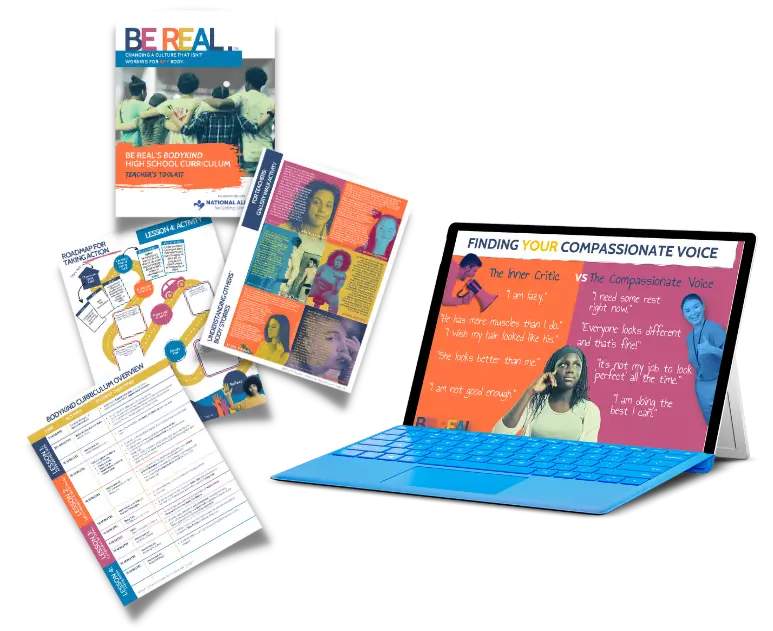
To learn more about the BodyKind Pilot findings, download the BodyKind Pilot Factsheet.
You can read about our pilot in Body Image: An International Journal of Research

Teach research-based body image curriculum in schools that give students skills to handle appearance pressure personally
BE REAL’s research-based BodyKind high school, body image curriculum teaches students to use self-compassion when their self-critical thoughts about appearance come up in their thoughts. The skills we teach help adolescents develop emotional regulation, cognitive reframing and critical thinking skills to promote body confidence and positive mental health.
BodyKind meets the U.S. Health Education Curriculum (HECAT) Standard 2: Analyzing Influences.
BodyKind was developed by body image academics, psychologists, teachers and parents. We’ve tested BodyKind with hundreds of students. Students and teachers really love it! Please read about our pilot test in Brooklyn Center Community High School in Minneapolis published in Body Image academic research journal.

Address weight stigma as a social justice issue
At BE REAL we join forces with organizations that promote anti-fat legistation and anti-bullying laws. We can all make sure that bullying for body size or appearance—which is the #1 reason students are bullied– is called out and enforced just like bullying for race, sexuality, or religion. All students deserve dignity and respect.
- We have a 2-Lesson curriculum around weight stigma based on the documentary The Student Body.
- See BE REAL’s Don’t Weigh Me in School Campaign

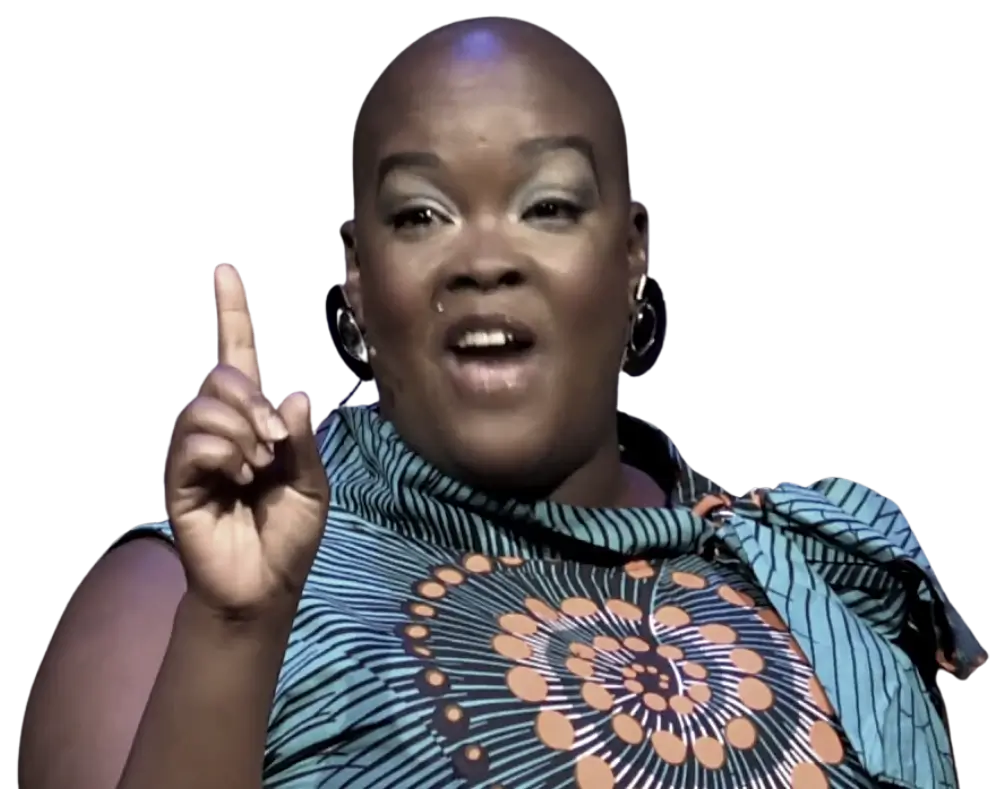
“Our beliefs about bodies disproportionately impact those whose race, gender, sexual orientation, ability, and age deviate from our default notions. The further from the default, the greater the impact. We are all affected – but not equally.”
― Sonya Renee Taylor, The Body Is Not an Apology: The Power of Radical Self-Love

















